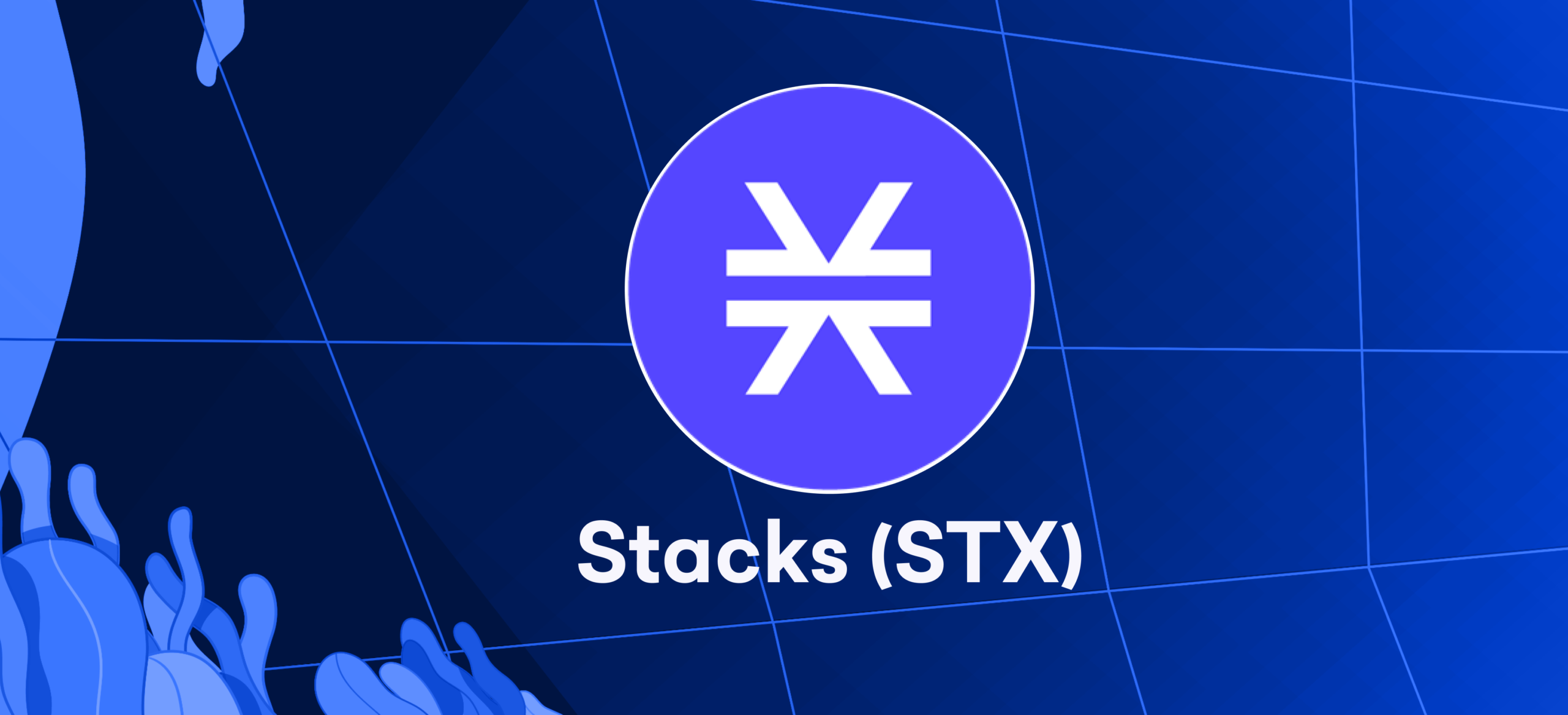
blockchain technology has been gaining traction over the past few years, but it can still be a complex and intimidating concept to understand. If you’re looking to get started with learning the basics of blockchain technology, this beginner’s guide is here to help.
We’ll walk through the essential concepts of blockchain technology and explain how it works, its potential applications, and the benefits of using it. With this guide, you’ll have the fundamental knowledge to start understanding how blockchain technology is transforming our world.
What is Blockchain?
Blockchain is a digital ledger system that stores information in a secure and distributed way. It was first invented in 2008 to facilitate the cryptocurrency Bitcoin, but its technology has since been used for a variety of applications.
At its core, blockchain is a way of tracking data or transactions. Each transaction stores in an immutable block, which is links to all other blocks in the chain. This makes it incredibly difficult to tamper with or modify any of the data stored in the blocks, giving it the characteristic of immutability.
In addition to its secure and distributed structure, blockchain also has a decentralized nature. This means that no single entity controls the network, making it incredibly resilient against malicious actors and cyber-attacks. As such, blockchain is considered to be a secure and reliable way of storing and transferring data or money.
Moreover, it can be used for a variety of applications, from tracking financial transactions to verifying digital identities and protecting intellectual property. Its ability to securely store and transfer data is what makes it so attractive to many businesses and organizations.
How Does Blockchain Work?
Blockchain technology is a decentralized, distributed ledger system that records and stores digital transactions in immutable “blocks” across a network of computers. Each block contains information about the transaction (such as the sender, receiver, amount, and time), as well as a unique cryptographic hash from the previous block.
When a transaction occurs, it is stored in a block, which is then linked to the existing chain of blocks (hence the name). Consensus, which is how the network checks and approves each transaction, secure the blockchain. Additionally, every computer on the network needs to agree on the transaction before it can be added to the blockchain.
Each network node (i.e., computer) must validate the transaction and provide a cryptographic hash that connects to the preceding block in order to do this. Once all nodes have agreed to the transaction, it is added to the blockchain and confirmed.
In order to maintain the integrity of the blockchain, the entire network must adhere to a strict set of rules and protocols. These protocols ensure that all transactions are securely validated and confirmed before being added to the blockchain. This also prevents double spending and other fraudulent activities.
Benefits of Blockchain
Blockchain technology offers a wide range of potential advantages, from greater transparency and improved security to faster transaction processing times and reduced costs.
1. Transparency:
Blockchain technology is essentially a distributed ledger, which means that everyone in the network can see each transaction that takes place. This increased level of transparency helps to reduce fraudulent activities, as all parties involved are able to view the transactions that take place.
2. Security:
As mentioned above, blockchain technology is incredibly secure. All transactions that take place within the network are validated and authenticated by the consensus process. This means that it is extremely difficult for someone to alter or manipulate the data stored on the network.
3. Faster Processing Times:
With traditional systems, transactions can take days or even weeks to process. With blockchain technology, however, transactions can be done almost instantly due to the consensus process and lack of intermediaries.
4. Reduced Costs:
Because there are no intermediaries or third-party organizations involved with blockchain technology, transaction fees can be greatly reduced. This makes blockchain a great option for businesses that need to quickly and securely transfer funds without having to pay high fees.
5. Improved Accuracy:
All transactions that take place within the blockchain network are recorded in the distributed ledger and must go through the consensus process. This ensures that all transactions are accurate and valid, as well as secure and transparent.
These are just some of the many potential benefits of using the technology. However, By utilizing this technology, businesses and individuals can take advantage of its many benefits in order to streamline their operations and increase efficiency.
Drawbacks of Blockchain
Despite the numerous benefits of the technology, it is not without its drawbacks. For starters, blockchain networks require a large amount of energy to run and operate.
This is because of the sheer number of computers that must work in unison to process each transaction. Additionally, the cost associated with setting up and maintaining a blockchain network can be quite costly.
Another potential drawback to the technology is the risk of data manipulation. Because the records are stored publicly and permanently, it is theoretically possible for malicious actors to modify data retroactively or delete parts of the chain.
Organizations must implement robust security protocols to mitigate this risk and ensure that all participants abide by the same consensus rules.
Finally, blockchain networks are still relatively new, and there is still a lot to learn about their inner workings and potential applications. As such, they may not yet be suitable for all types of applications or organizations.
Furthermore, organizations considering implementing a blockchain-based solution should ensure that the technology is right for their specific use case before committing any resources to the project.
Use Cases of Blockchain
Blockchain technology has a vast range of potential applications, with new use cases emerging all the time. A few of the most prominent use cases include:
1. Cryptocurrency:
The most well-known use case for blockchain technology is cryptocurrency. Bitcoin was the first use case for blockchain, and it enabled users to securely send, receive and store digital assets.
2. Payments:
With it, payments are quick and secure, with no need for a middleman. In addition to having a significant impact on nations with poor access to financial services, this can have significant repercussions for international payments.
3. Smart Contracts:
Smart contracts are self-executing contracts that are written into code and stored on the blockchain. They provide safe and open transactions between parties and have a wide range of purposes, including supply chain management and insurance.
4. Supply Chain Management:
Blockchain technology can provide an immutable record of transactions which can use to track goods throughout the supply chain. This helps to eliminate inefficiencies and make supply chains more transparent and secure.
5. Digital Identity:
Using blockchain, it is possible to safely store personal information, including identity documents, medical records, and more. This has the potential to revolutionize how we manage our digital identities, providing more secure and transparent ways of sharing data with the right parties.
Additionally, Blockchain technology has many potential use cases, ranging from cryptocurrency to smart contracts and digital identity management.
It can help to improve efficiency and security in payments, supply chain management, and digital identity management. By ensuring that no hostile action can take place invisibly, this technique increases network security.
How Safe Is Blockchain?
Blockchain technology is one of the most secure and reliable systems available. It is virtually unhackable and utilizes cryptography to secure data, making it a safe choice for many businesses. By decentralizing data and using consensus algorithms, its networks are able to maintain data integrity and prevent malicious actors from making changes.
Additionally, network users, known as miners, secure blockchain networks. Miners work to validate transactions, meaning that any transaction must be verified by more than one miner before it is accepted. Furthering network security, this technology makes sure that no hostile action may happen silently.
Moreover, the level of safety provided by blockchain technology depends on the type of blockchain used. Public blockchains, like Bitcoin and Ethereum, use distributed ledgers and peer-to-peer consensus algorithms to provide a high degree of security. Private blockchains, on the other hand, tend to have fewer users and are, therefore, not as secure.
Blockchain technology is not infallible and can still be vulnerable to attack. However, with its decentralized and secure nature, it provides a much higher level of safety than traditional systems.
Additionally, with its cryptographic encryption, blockchain networks are extremely difficult to breach and can use to store valuable information with confidence.
Key Takeaways
1. Blockchain is a secure, distributed ledger technology that is designed to record digital data and transactions. It operates on a decentralized system that allows users to control their own data.
2. Blockchain can provide data immutability, transparency, and security. It has several uses, including voting, healthcare, and finance.
3. Adopting blockchain technology can provide many benefits, including increased efficiency, improved accuracy, and enhanced security.
4. There are many use cases for blockchain technology, including supply chain management, digital identity, smart contracts, and more.
5. In conclusion, the handling and security of data and transactions might completely alter by the development of this technology. With its unique features and advantages, it is quickly becoming a popular choice for businesses and individuals alike.








